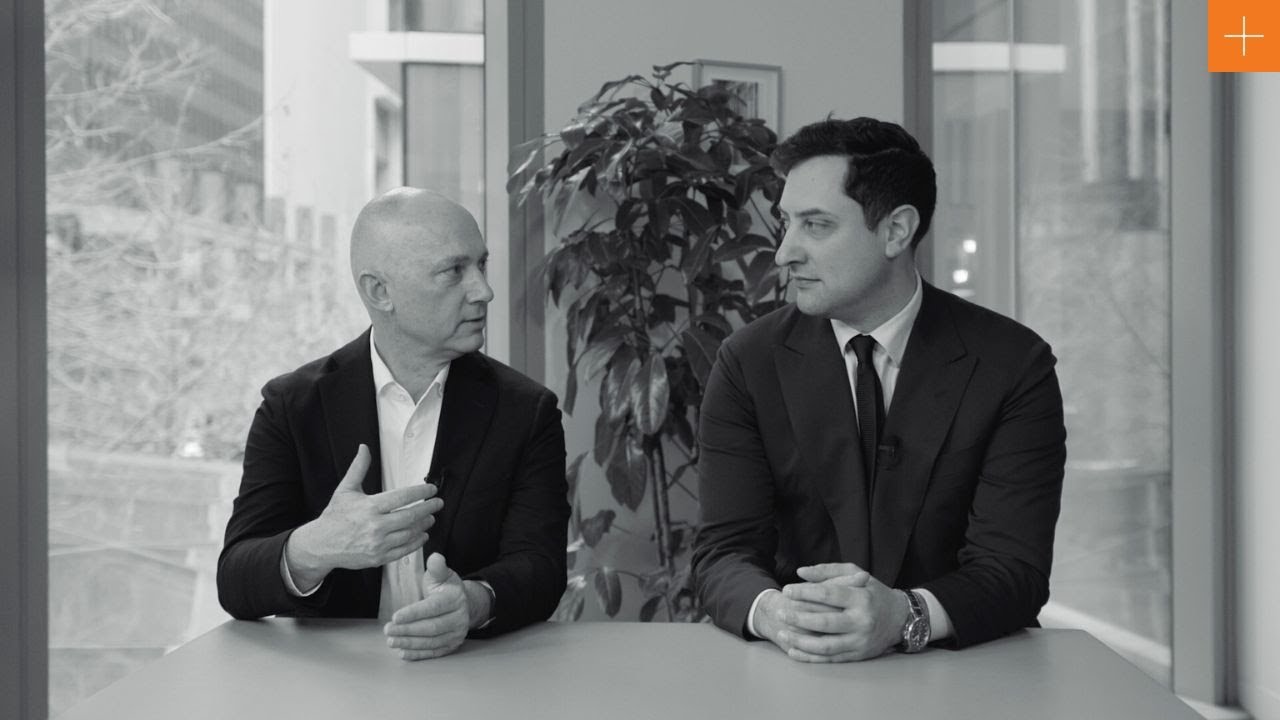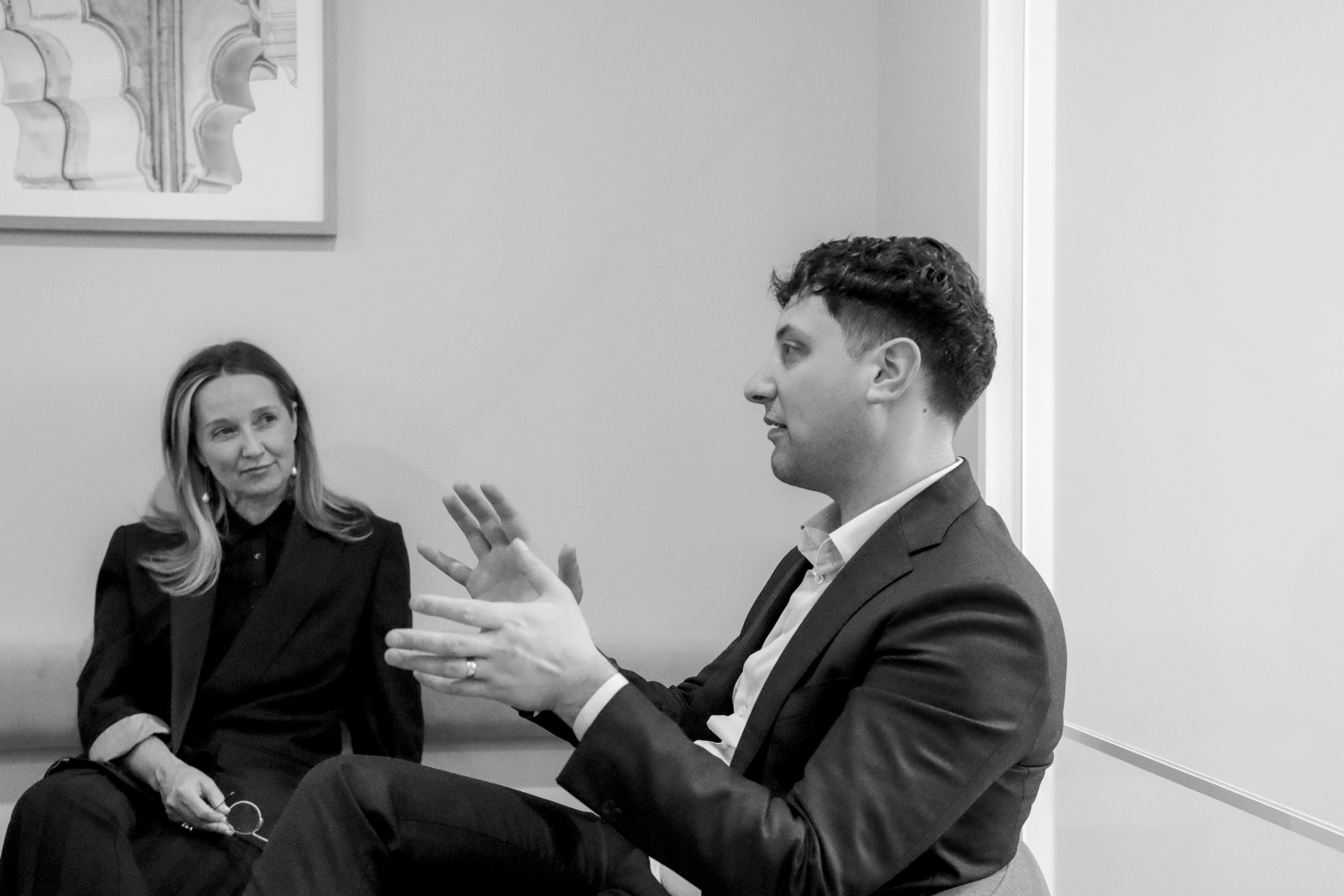1. “I understand you’re upset, but I don’t recommend suing”
Something that happens far too often in the law is a lawyer running with a client’s emotional reaction to their circumstances, and this being seen this as the lawyer acting in their best interests.
The client will say, ‘This terrible thing happened to me.’ The lawyer will say, ‘That is terrible!’ The client naturally feels understood, but there becomes this shared attitude of ‘Let’s go get ‘em’, motivated by rectifying the past rather than achieving a practical outcome for the future. After a lot of back and forth, it ends up in a disastrous heap.
The problem with mirroring outrage
Mirroring emotions can look as though a lawyer is mirroring our interests, but it can actually be in the lawyer’s interest to maintain the rage. This is where time based billing can be misleading. Because maintaining the rage means more activity. More activity means more hours billed – it doesn’t necessarily mean a better outcome.
There is a real problem here in the law about playing to emotion in a way that doesn’t actually further the legal outcome. The problem is that, as a client, we can feel as if a lawyer is not on our side if they’re not mirroring our emotions, which creates a challenge for the lawyer: How can I help you understand that I’m acting in your best interests if I’m not mirroring your outrage?
So what is the way to behave?
Empathy and objectivity must be held to equal standards. Being empathic with someone who is going through really difficult circumstances is a natural human response, but in order to serve that person, as the lawyer, there is a responsibility to not be motivated by those emotions. There needs to be a reasonable distance from it, otherwise there can’t be proper advice about the legal consequences.
The maintenance of some level of objectivity is the expectation of a lawyer. It means helping people thoughtfully understand what is in their best interests in circumstances where those interests can’t properly be seen through the lens of emotion and grievance. Sometimes this can mean recommending a pathway that doesn’t involve taking it all the way to court, or it could be recommending that legal action will not be beneficial. This transparency up front is better in the long run, creating sustainable client relationships built on trust.
2. “It’s not important for us to attack the other side”
When something happens to us, good or bad, we are motivated to believe that it was caused by intentional behaviour. That is to say, ‘I am experiencing this detriment because someone did this to me on purpose.’ To rectify the situation, it feels as if we need to attribute blame and prove intentionality. If we can do that, we will be able to explain the cause of our problem and avoid the dissatisfaction of randomness. This can be one of the biggest motivators for taking legal action.
Why isn’t attributing blame or intentionality important?
This is best expressed by the principle of ‘Hanlan’s razor’, which says, ‘never attribute to malice that which is adequately explained by stupidity.’
Proving intentionality is often not relevant to the legal outcome being sought. Quite often, all we need to do is show proof that a certain behaviour has caused our loss. In negligence, for example, there is no intent element, so the motivation to claim intent isn’t needed. In this case, one of the things we often advise our clients is to pare the argument back, because trying to prove more than you have to places too high a hurdle from a legal perspective.
By pointing fingers where it isn’t needed, we escalate the dispute by stirring unnecessary conflict with the other side, which only generates more activity, and more stress.
3. “The facts don’t extend to the loss you’ve incurred”
When looking to take legal action, particularly through litigation, we can find ourselves constructing a narrative to attribute blame for all the consequences that flow from particular conduct. For example, having lost money or suffered in business and putting that down to what someone else has done. We identify the action and perceive immediately that it is the explanation for all of our ills.
However, the law protects against this. There is a process of causation and loss that dictates whether the facts extend to the detriment we have experienced. In contract law, there is a caveat for the remoteness of damage – the loss must have been foreseeable by the other party. It doesn’t follow that everything that has happened that correlates with the conduct is going to have a legal consequence.
What needs to be considered?
Lawyers can stop short with assessing liability i.e. who is at fault, and at face value it will seem as if we have a great case. But there hasn’t been a discussion about whether the unlawful act caused the loss suffered, whether there has really been any loss from that act, or whether the loss would have been suffered irrespective of that act, or by some other explanation. This oversight can occur when the interests of lawyers—to generate billable hours—is not aligned with the interests of clients, to achieve the best legal outcome.
What we ought to do is separate the grievance from the legal consequence and make sure we understand what the gates are as a matter of legal consequence. That necessitates a more objective analysis about a causal link between the loss incurred and the facts. This is granted by a thorough scoping process and having honest and transparent conversations up front about the objectives and legal risks before we begin.
If you would like to discuss how Aptum focuses on and delivers value through this process, please contact us.




